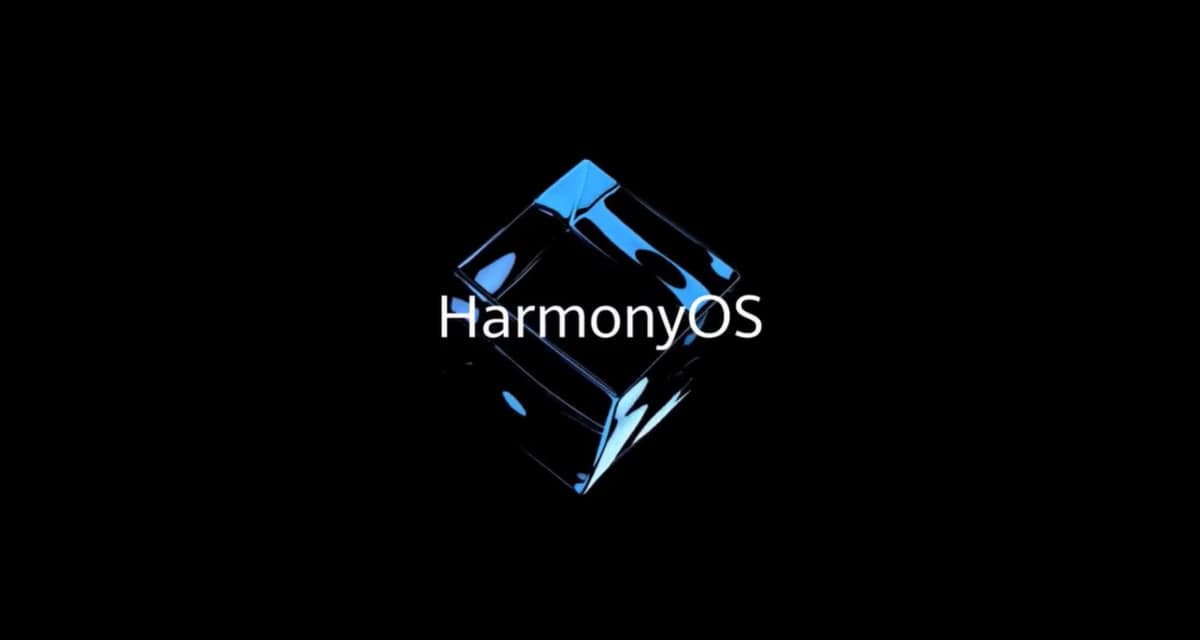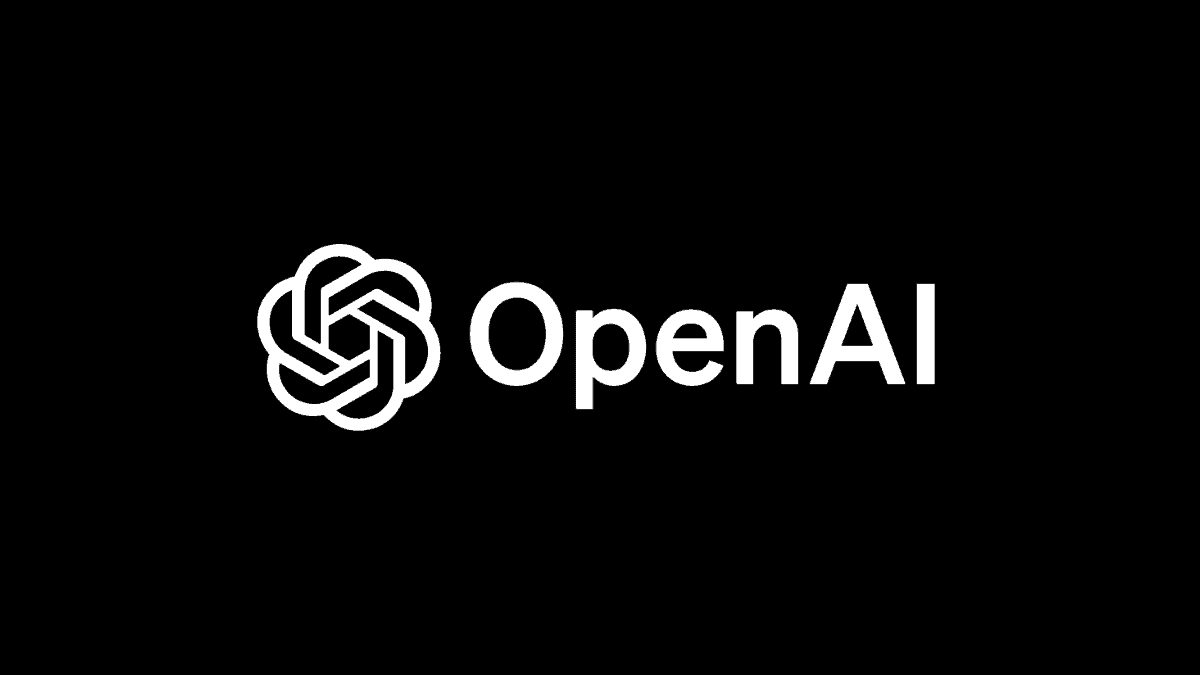Microsoft is increasing its investment to build the world's first scalable quantum computer
3 min. read
Published on
Read our disclosure page to find out how can you help MSPoweruser sustain the editorial team Read more

Last year, Microsoft announced that they are doubling down on quantum computing research. They are making a strong bet that it is possible to create a scalable quantum computer using what is called a topological qubit.
Microsoft today announced a long-term collaboration agreement with the University of Copenhagen on the development of a general-purpose, scalable quantum computer. As part of this partnership, Microsoft will expand the facilities at the University’s North Campus and it will further establish Niels Bohr’s Copenhagen as a global epicentre for quantum mechanics.
Highlights of this agreement:
- Microsoft is establishing state-of-the-art Microsoft research and development laboratories at the University of Copenhagen North campus in close proximity to the Niels Bohr Institute.
- Presently, over a dozen Microsoft employees ranging from engineers to developers are situated at the University of Copenhagen. Over the course of the new long-term agreement, the size of this team will grow, partnered with University personnel in the development of a topological quantum computer.
- In addition to the multi-million dollar investment in state-of-the-art facilities and equipment, Microsoft is also committing to significant quantum research funding at the University of Copenhagen.
- The collaboration between the University of Copenhagen and Microsoft will be based at the Centre for Quantum Devices (Qdev) and helmed by Professor Charles Marcus. Charles Marcus is Microsoft’s Scientific Director of Station Q Copenhagen.
- An agreement capturing the elements of the collaboration has been signed covering the license rights to Microsoft and the University of Copenhagen. The agreement reflects the interests of the parties and takes into account applicable legislation and guidelines in this area.
“When a company such as Microsoft chooses to situate and invest heavily into a research development center at the University of Copenhagen, it’s because we’ve had a significant focus on building up one of the world’s leading quantum research environments. We’re very proud of this and are confident that it will reinforce a strengthened perception of Denmark as an attractive destination for international investments,” said Thomas Bjørnholm, Prorector for Research and Innovation at the University of Copenhagen.
“The critical pillars for successful and productive Quantum research already exist at the University of Copenhagen – an aligned vision between Microsoft and the University, an exceptional team of top Quantum researchers, a broad and deep pool of post doctorate and student talent, and a solid baseline of facilities and equipment dedicated to Quantum research. We look forward to harnessing this to make impressive advancements in the research and development of a useful, scalable quantum computer capable of transforming the global economy and solving the world’s hardest problems,” said David Pritchard, Chief of Staff for the Artificial Intelligence and Research division at Microsoft.
Earlier this year, Microsoft announced five-year agreement with Purdue University to develop a usable quantum computer. Michael Manfra, Purdue University’s Bill and Dee O’Brien Chair is leading the effort at Purdue to build a robust and scalable quantum computer.








